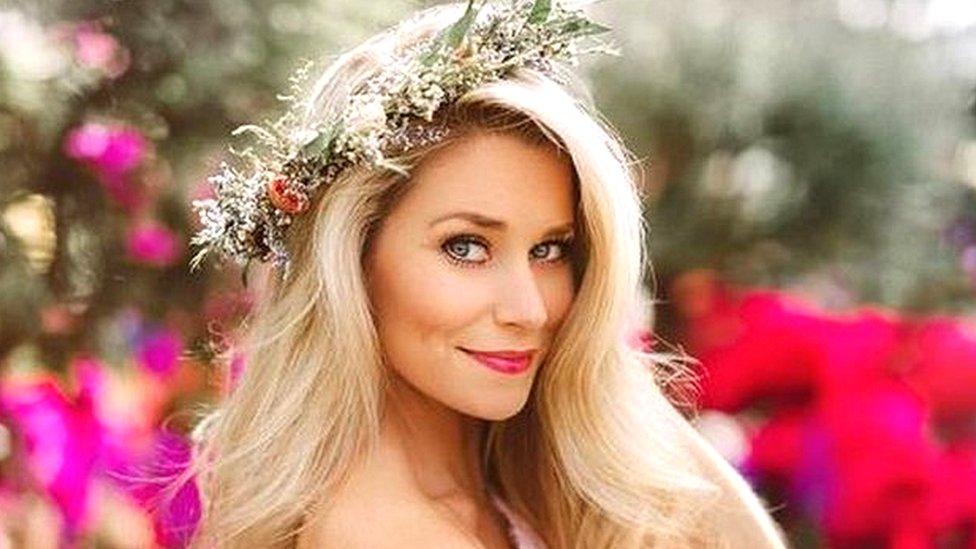'My Instagram got hacked and I lost my business'
- Published
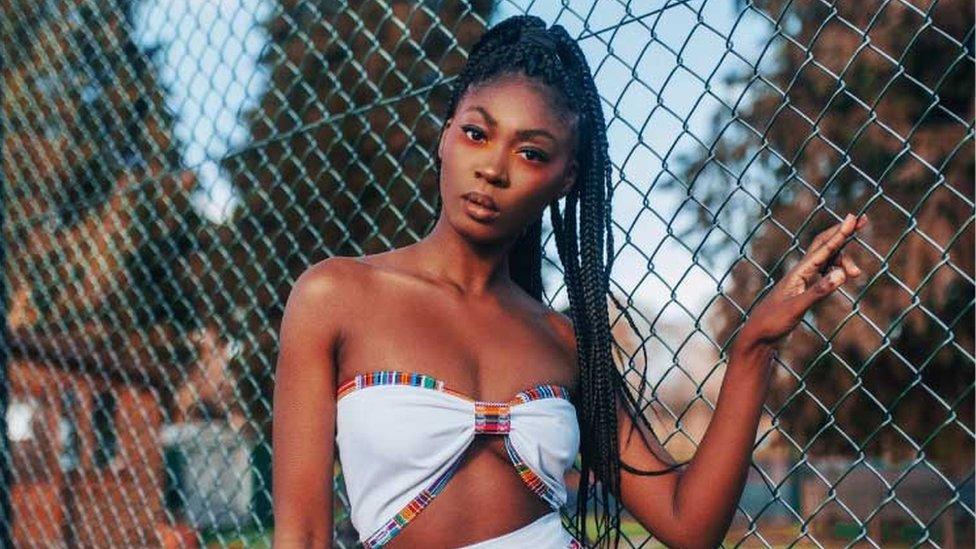
A model wearing clothes by Boresa Kotomah, designed by Bree Kotomah
Twenty-three-year-old Bree Kotomah almost gave up on a burgeoning career in fashion design when hackers compromised her business's Instagram account in November 2018.
"Unfortunately, at the time I ran everything on Instagram, so when that was gone, that was the whole business gone," she told BBC Radio 5 Live.
At least half of micro businesses - companies with fewer than nine employees - in the UK are victims of cyber-attacks every year, compared to just a third of other companies, according to the Association of Independent Professionals and the Self-Employed (IPSE).
Ms Kotomah, whose business Boresa Kotomah is based in London, had not studied fashion. She taught herself to sew and began designing clothes in 2018.
Due to interest on Twitter in her fashion styles, she started an Instagram account and gained 5,000 followers in seven months, after a photo of a dress she made went viral.
Interested customers would send her a direct message on Instagram enquiring about prices, and commission her to make the dresses.
Ms Kotomah would invoice her customers using PayPal and mobile app Invoice2go, and her reputation grew by word of mouth and through shares of her outfits on Instagram and Twitter.
But then it all stuttered to a halt.
"I woke up one morning and my account was deleted. I received an email from Instagram saying I had violated some terms and I had done certain things that I know I didn't do," she said.
"My business at that time was my livelihood. That was what I was doing full-time. I'm self-employed. So if I'm not making money from working, I'm not making money at all so I was just thinking like, 'What am I going to do?'"
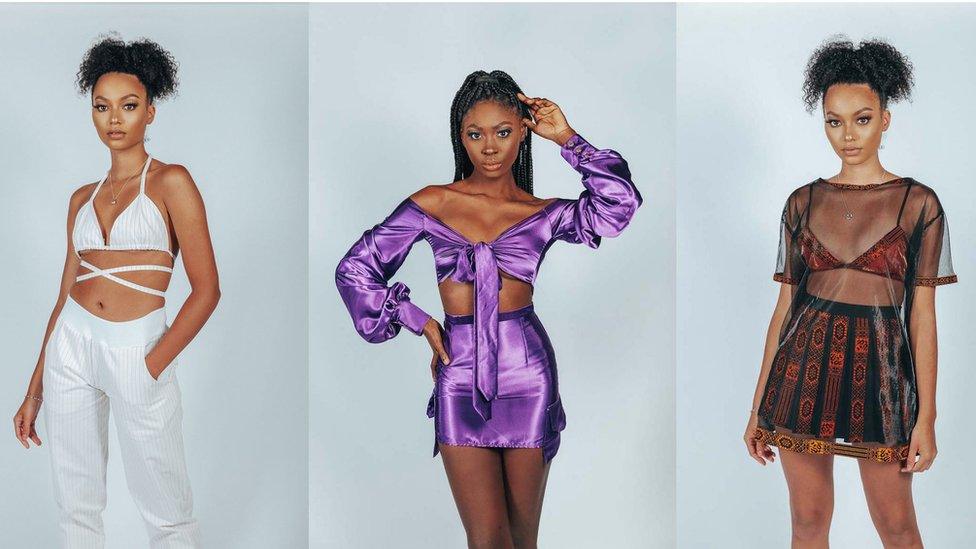
Ms Kotomah's designs have been worn by actors, influencers, singers, models and dancers
Ms Kotomah was so disheartened that she stopped designing for two months and considered other jobs. But then she decided to give it one more try. She started a new Instagram account, learned more about running a business, and set up a website showcasing her work that offered ready-to-wear clothing available for immediate purchase.
Ms Kotomah's designs have been worn by actors, singers, social media influencers and music artistes. Her clients include the likes of Maja Jama, Nush Cope, Ebonee Davis, Chidera Eggerue, AfroB, Labrinth, Lianne La havas, Wiz Kid and Mr Eazi.
In January she set up a second Instagram profile, and eight months later she has been awarded the Young Freelancer of the Year award by the IPSE.
Ms Kotomah's experience is not an isolated one - it is part of a growing trend affecting people who rely heavily on social media like Instagram to promote their businesses.
'We lost 7,000 followers instantly'
Clare Vaughan runs the United Colours of Benetton clothing shop in Liverpool. Although she trades under the United Colours of Benetton brand, she owns the shop, and uses an Instagram account to promote her shop.
After her Instagram account was compromised, she struggled to get Instagram to take action, and feels her reputation suffered as a result.
"It was awful, absolutely awful. Seven weeks of stress when they could have just closed that page down instantly. Plus, people had lost trust in me," she told the BBC.
"We lost 7,000 followers instantly and it's taken me from October to now [to get] almost 4,000 [new] followers.
"Instagram and Facebook are really, really hard to deal with because they're an American-based company."
A spokesperson for Facebook, which owns Instagram, told the BBC: "We use sophisticated measures to stop hackers before they gain access to accounts and we are continuously working to improve our recovery process.
"In the few instances hacking occurs, people can recover accounts through the app and website and we notify people if we see any unauthorised changes to an account."
- Published17 June 2019
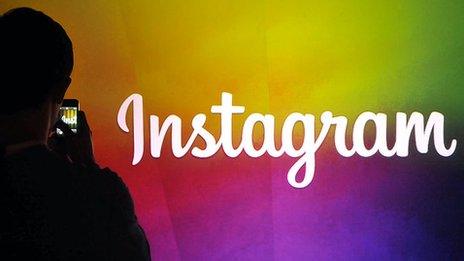
- Published21 May 2019
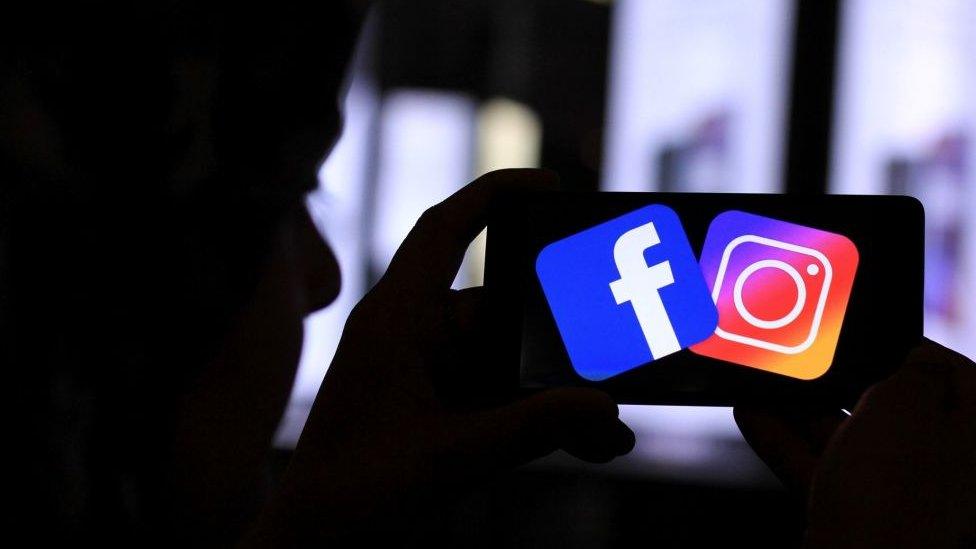
- Published22 June 2018
